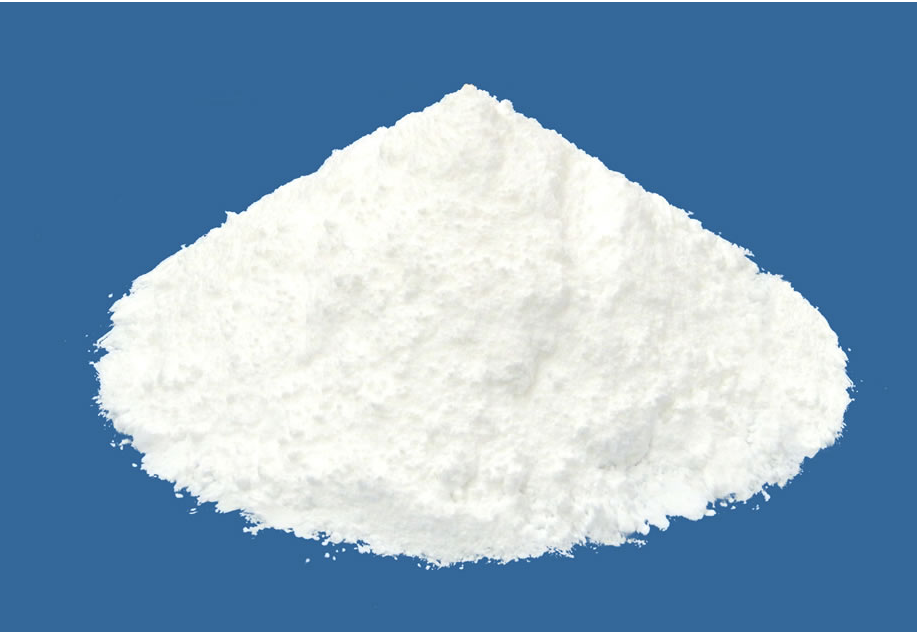Ultrafine silica is a fine chemical product. It is used in the construction industry, chemical industry, medicine, special materials, It has important applications in special products in the aerospace industry and crop seed treatment.
1. Rubber
Ultra-fine silica as a supplement After adding a small amount of strengthening agent to ordinary rubber, the strength, wear resistance and aging resistance of the product can reach or even exceed traditional high-end rubber products, and a new generation of rubber products with novel colors and excellent performance can be produced. In this field, precipitation silica occupies the first place.
2. Plastic
In plastics, ultrafine silica is added to the polymer Ester resin, epoxy resin, plastic steel door and window stearin, vinyl resin and other processable resin materials can significantly improve product quality, facilitate processing and molding, improve production efficiency, increase varieties, expand application scope, etc. Adding ultrafine silica to plastic films such as polyethylene and polypropylene not only improves their transparency, strength, and toughness, but also significantly improves their anti-aging properties.

3. Paint
Ultrafine silica in coatings can improve anti-caking, Anti-sagging, emulsifying, fluidizing, matting, supporting, suspending, thickening, thixotropic and other properties. The successful application of ultrafine silica in coatings has overcome the shortcomings of past product performance, and its main performance indicators have been greatly improved.
4. Inkjet media
Aerogel in the ink-absorbing coating not only forms many micropores between the particles, but also contains silica particles inside There are many micropores, so a huge internal void is formed. When the internal and external voids are added together, the total porosity is greatly increased, and the ink absorption capacity is correspondingly enhanced. It acts as an ink absorber and is bonded to the printing paper to keep the ink from spreading. Printed images are clearer and more realistic.
5. Anti-caking agent
Use synthetic silica as a glid agent and add it to sugar, fruit powder, coffee and other powders , improve its fluidity and prevent the formation of agglomerates.
6. Thermal insulation materials
The thermal conductivity of aerogel can reach0.013w /m·k, much lower than the thermal conductivity of 0.025w/m·k of static air at room temperature. It has an insulating effect unmatched by other materials, and has low density, is waterproof and flame retardant, is environmentally friendly, acid and alkali resistant, and resistant to It is corrosion-resistant, not easy to age, and has a long service life, which is unmatched by other traditional materials. In addition, aerogel has high acoustic impedance, and its adsorption capacity exceeds traditional activated carbon adsorption materials. The product has high added value. Therefore it is called super insulation material. Silica aerogel is highly brittle and has poor mechanical strength. After being composited with a heat-resistant fiber skeleton such as ceramic fiber, it becomes the best solid thermal insulation material.



 微信扫一扫打赏
微信扫一扫打赏
